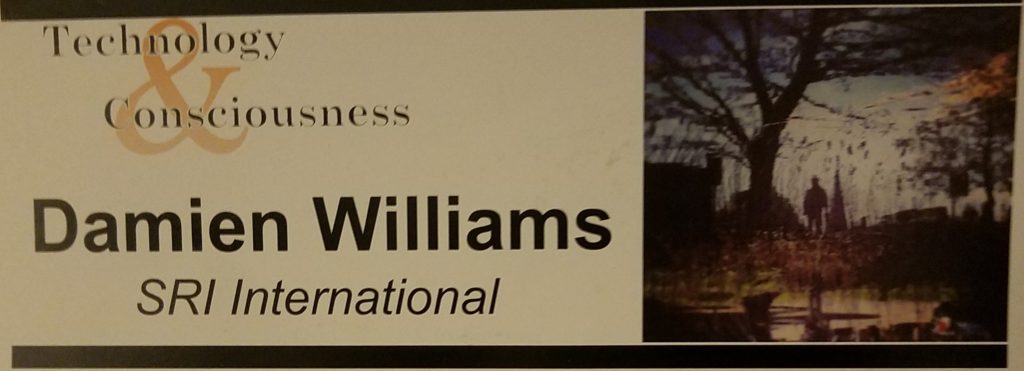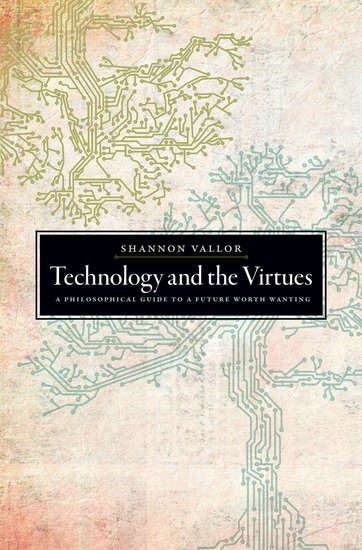Kirsten and I spent the week between the 17th and the 21st of September with 18 other utterly amazing people having Chatham House Rule-governed conversations about the Future of Artificial Intelligence.
We were in Norway, in the Juvet Landscape Hotel, which is where they filmed a lot of the movie Ex Machina, and it is even more gorgeous in person. None of the rooms shown in the film share a single building space. It’s astounding as a place of both striking architectural sensibility and also natural integration as they built every structure in the winter to allow the dormancy cycles of the plants and animals to dictate when and where they could build, rather than cutting anything down.
And on our first full day here, Two Ravens flew directly over my and Kirsten’s heads.
Yes.

[Image of a rainbow rising over a bend in a river across a patchy overcast sky, with the river going between two outcropping boulders, trees in the foreground and on either bank and stretching off into the distance, and absolutely enormous mountains in the background]
I am extraordinarily grateful to
Andy Budd and the other members of the
Clear Left team for organizing this, and to
Cennydd Bowles for opening the space for me to be able to attend, and being so forcefully enthused about the prospect of my attending that he came to me with a full set of strategies in hand to get me to this place. That kind of having someone in your corner means the world for a whole host of personal reasons, but also more general psychological and socially important ones, as well.
I am a fortunate person. I am a person who has friends and resources and a bloody-minded stubbornness that means that when I determine to do something, it will more likely than not get fucking done, for good or ill.
I am a person who has been given opportunities to be in places many people will never get to see, and have conversations with people who are often considered legends in their fields, and start projects that could very well alter the shape of the world on a massive scale.
Yeah, that’s a bit of a grandiose statement, but you’re here reading this, and so you know where I’ve been and what I’ve done.
I am a person who tries to pay forward what I have been given and to create as many spaces for people to have the opportunities that I have been able to have.
I am not a monetarily wealthy person, measured against my society, but my wealth and fortune are things that strike me still and make me take stock of it all and what it can mean and do, all over again, at least once a week, if not once a day, as I sit in tension with who I am, how the world perceives me, and what amazing and ridiculous things I have had, been given, and created the space to do, because and in violent spite of it all.
So when I and others come together and say we’re going to have to talk about how intersectional oppression and the lived experiences of marginalized peoples affect, effect, and are affected and effected BY the wider techoscientific/sociotechnical/sociopolitical/socioeconomic world and what that means for how we design, build, train, rear, and regard machine minds, then we are going to have to talk about how intersectional oppression and the lived experiences of marginalized peoples affect, effect, and are affected and effected by the wider techoscientific/sociotechnical/sociopolitical/socioeconomic world and what that means for how we design, build, train, rear, and regard machine minds.
So let’s talk about what that means.
Continue Reading






